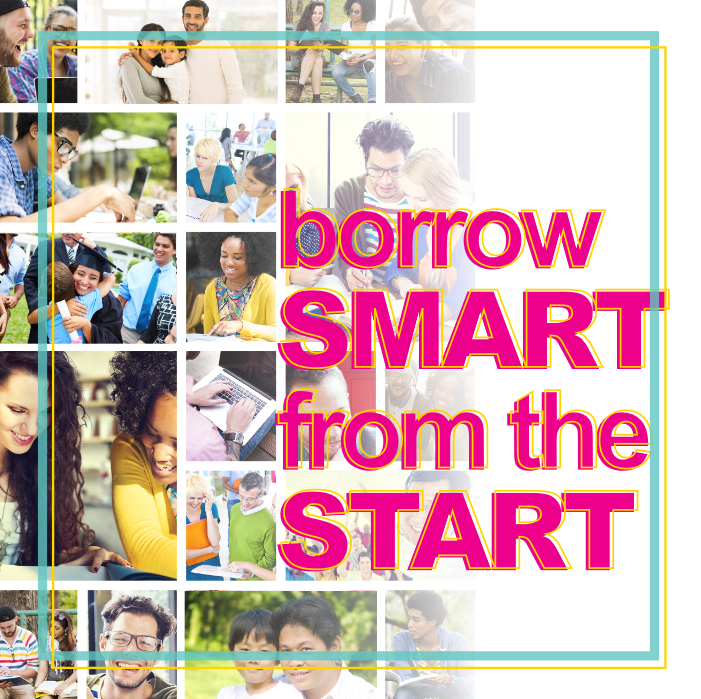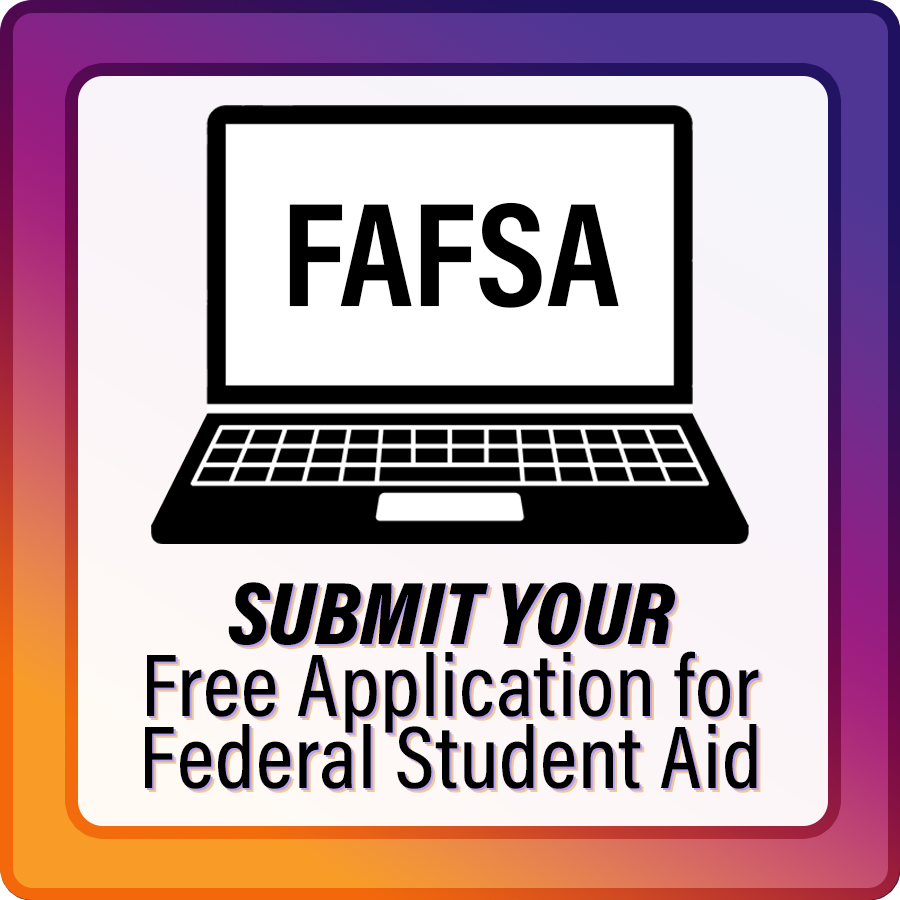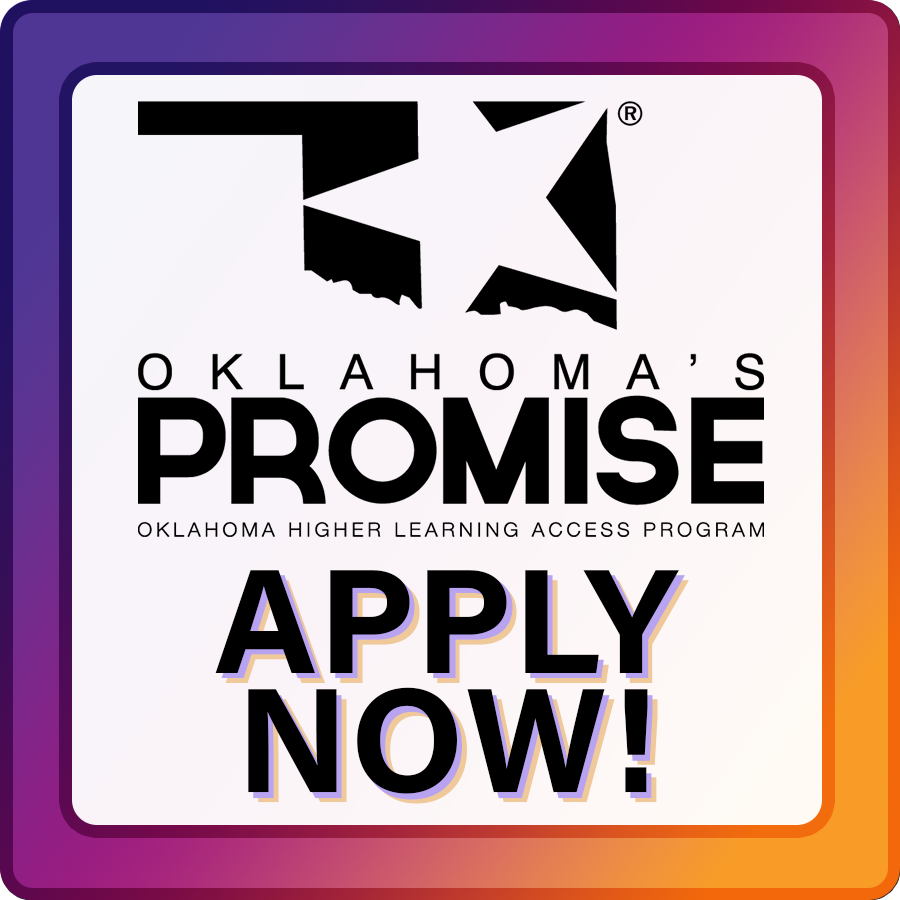Student Loans
The
financial aid offer you receive from a college or university
will outline the types of financial aid for which you have
qualified, including student loans. The application and acceptance
process may vary depending on the type of loan you're seeking and
the school you choose to attend.
Information from your FAFSA will be used to determine your
eligibility for student loans, and you may see loans listed in your
financial aid offer. However, you're not obligated to accept loans
just because they offer them to you. You'll be required to complete
additional paperwork with your college or university to accept
federal student loans.
For more information on applying for student loans, check out
the U.S. Department of Education's Federal Student Aid website.
Borrow Smart From the Start

A student loan is a serious obligation. It must be repaid
whether you complete your education or withdraw before graduation.
No matter which loans you decide to accept, be a wise borrower and
only borrow what you need to pay your educational expenses each
year. You can set yourself up for student loan success by making
smart borrowing choices from the start. To view a complete list of
ways to 'borrow smart', download our Borrow Smart From the Start brochure. This
guide is also available in Spanish.
Student Loan Language
| Subsidized Student Loans |
Loans offered to eligible students by the U.S. Department of
Education. To qualify, students must be enrolled in an eligible
degree or certificate program at least half-time. The U.S.
Department of Education pays the interest on a Direct Subsidized
Loan while you're in school at least half-time, for the first six
months after you leave school (referred to as a grace period), and
during a period of deferment (a postponement of loan payments).
|
| Unsubsidized Student Loans |
Loans offered to eligible students by the U.S. Department of
Education. To qualify, students must be enrolled in an eligible
degree or certificate program at least half-time. If you choose not
to pay the interest while you are in school and during grace
periods and deferment or forbearance periods, your interest will
accrue (accumulate) and be capitalized (that is, your interest will
be added to the principal amount of your loan).
|
| Master Promissory Note |
If you are taking out a subsidized or unsubsidized Federal
Direct Loan, you must complete the Master Promissory Note (MPN)
before your funds can be disbursed. The MPN is your promise to
repay and is a legally-binding document.
|
| Entrance Counseling |
If you are taking out a federal loan, your college will ask you
to complete entrance counseling. Depending on the procedures at
your college or university, you may be able to complete it online,
or in a group or individual meeting. The entrance interview
explains your rights and responsibilities and the terms and
conditions of your loan. It is a good time to ask questions
regarding your student loans.
|
| Exit Counseling |
If you borrow a subsidized, unsubsidized or PLUS loan under the
Direct Loan Program, you must complete exit counseling before you
graduate, drop below half-time attendance or leave school.
Depending on the procedures at your college or university, you
may be able to complete it online, or in a group or individual
meeting. The exit interview concentrates on your repayment
obligations and options, and stresses the consequences of default.
For more information on repaying your student loans, visit the U.S.
Department of Education's Federal Student Aid website.
|
| PLUS Application/Promissory Note |
If your parent chooses to take out a PLUS loan to help you pay
for school, they will complete a separate Master Promissory Note
(MPN). It is called a Direct PLUS Loan Master Promissory Note. You
must be a dependent, undergraduate student for your parent to take
out a PLUS loan on your behalf. Contact your college for more
information on the specifics.
|
| Private Education Loan |
Private education loans are loans from banks or other lending
institutions that are not federally supported or guaranteed. They
are also referred to as alternative loans. Private loans may be
more difficult to qualify for because they can require a credit
check to determine your ability to repay the loan. Since federal
loans generally offer better terms and repayment flexibility, it is
wise to explore your eligibility for federal loans prior to
considering an alternative loan. If you have general questions
about alternative loans, contact your financial aid office.
|

